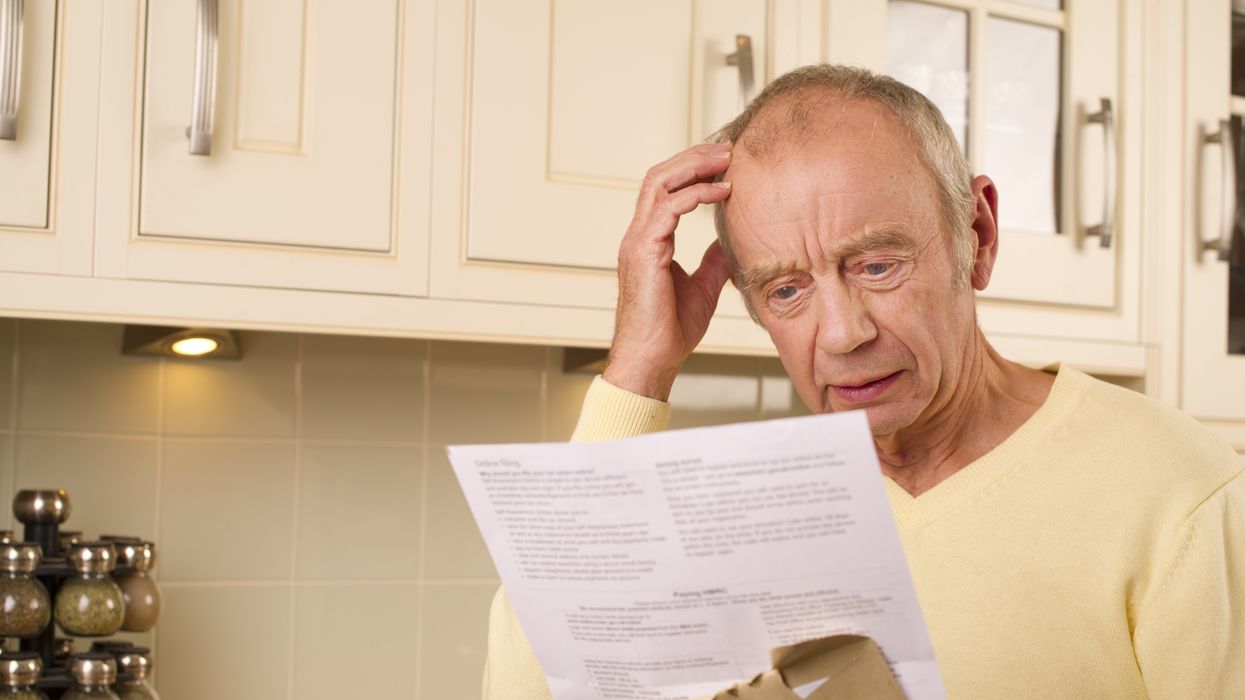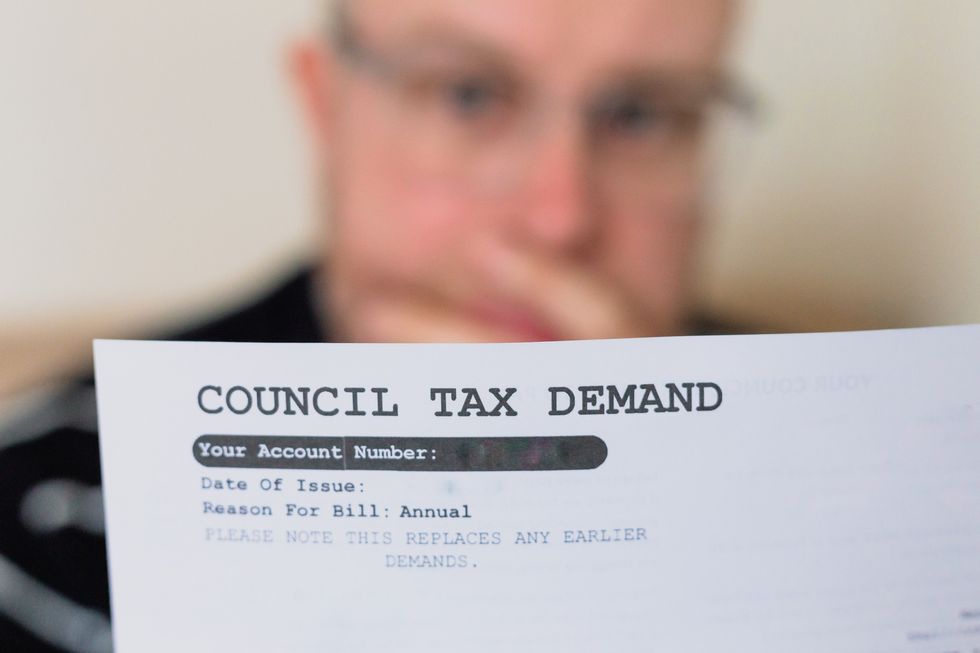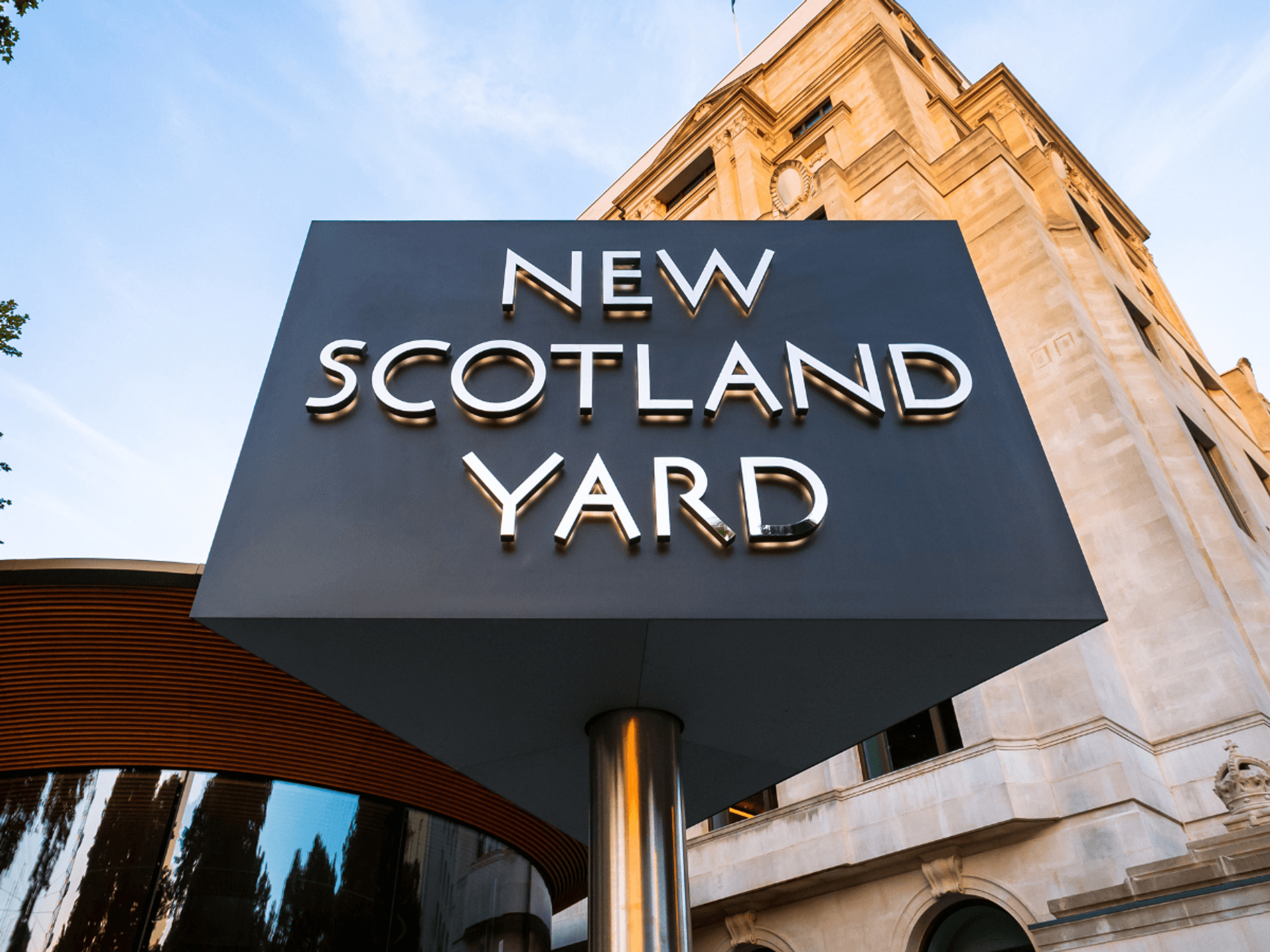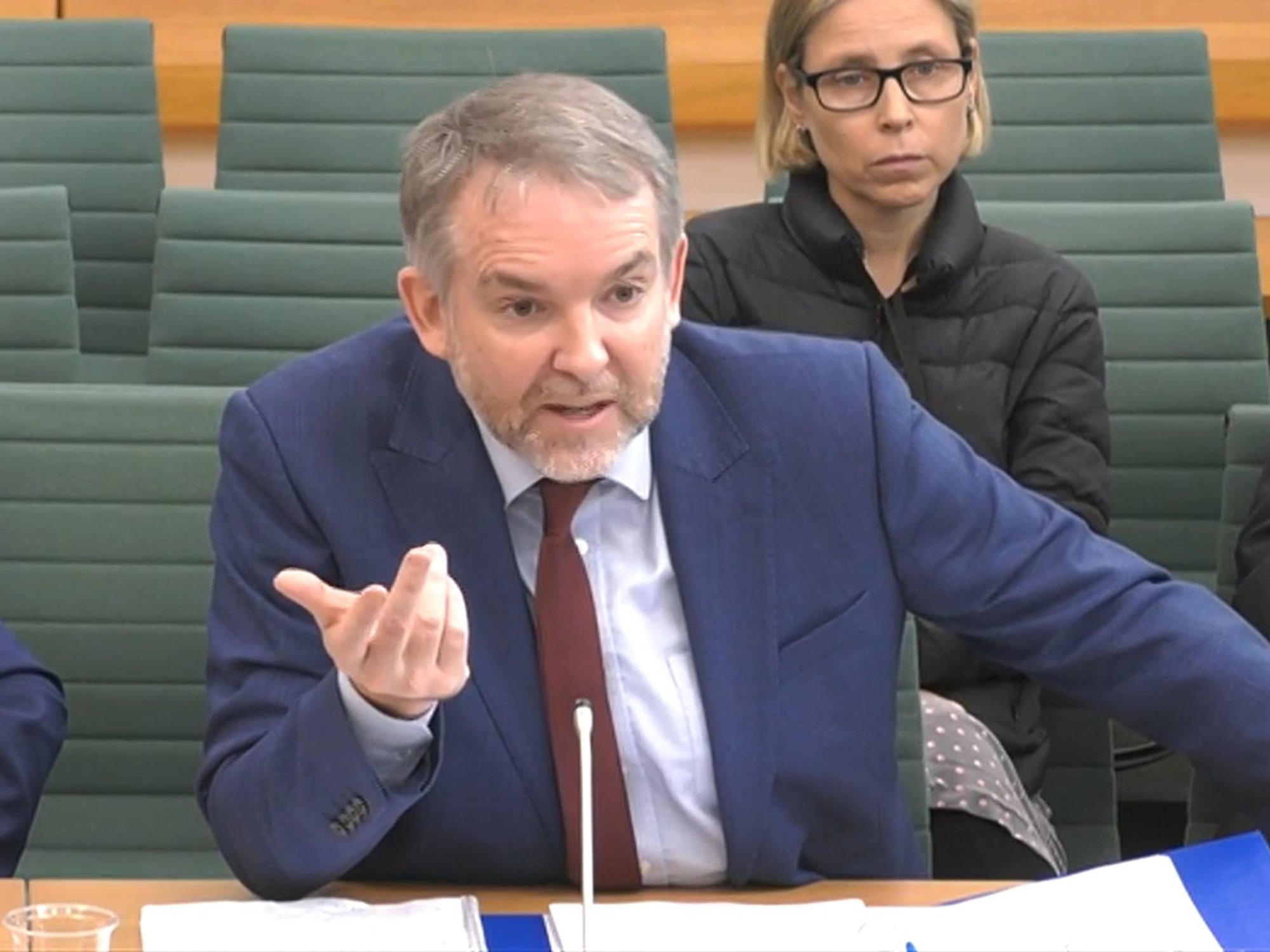First households to be hit with £5,000 council tax bills from next month

The average council tax bills will rise by £106 a year
|GETTY

Those living in band H homes in Rutland will pay the most council tax from April at £5,087 a year
Don't Miss
Most Read
Latest
Some households will pay more than £5,000 for their annual council tax bill for the first time from next month.
The average council tax bill is set to rise by £106 a year as local authorities strive to boost their revenue.
From April 2024, households are set to receive their higher council tax bills, with those in band H in parts of the UK paying over £5,000.
The bill for an average band D property will increase by five per cent to £2,171, up 51 per cent since 2010.
There are four local authorities with band D properties that will see their council tax bill exceed £2,500.
Residents of Rutland, the smallest historic county in England, face the most expensive council tax bill as band D households will pay £2,543 and band H homes will pay double that at £5,087.

Council tax bills can increase by up to 4.99 per cent in areas with social care duties without triggering a referendum
|GETTY
People in Nottingham, Dorset and Lewes, East Sussex, face a similar bill as band D properties will also pay more than £2,500 and band H properties will pay over £5,000.
Council tax bills can increase by up to 4.99 per cent in areas with social care duties without triggering a referendum. Others can increase by 2.99 per cent.
Britons can find out the council tax band for a home in England or Wales by looking up its address or postcode.
In 2010, the average council tax bill was just £1,439, however it has risen in recent years because of adult social care costs.
Next month, 75 per cent of councils are expected to introduce the maximum increase as they strive to boost finances, according to the County Councils Network, a local government organisation.
Councils have warned they face difficult trade-offs as they deal with strained funding across local government despite the Government recently boosting available funding by £600million.
Between 2010 and 2015, annual council tax increases remained below one per cent, however they rose by five per cent for the first time in since 2018/2019.
Across the country, average bills in April 2024 will be 5.1 per cent higher than 2023 – or £106 more – for band D households.
It is the largest increase since 2003/04, when bills went up by an average £126, and is the second-largest increase in cash terms since council tax was introduced.
Some councils in severe financial difficulties have been granted permission by the Government to increase council tax beyond the 4.99 per cent threshold.
Birmingham City Council has approved a 9.99 per cent increase, the highest increase – taking annual bills for a Band D property to £1,793.
The band H properties in Rutland will pay a bill of £5,086.58. In Nottingham, it will be £5,059.38, in Dorset £5,007.26, and in Lewes £5,006.96.
LATEST DEVELOPMENTS
Just five councils, all district ones, froze or cut council tax. These were Fenland, East Cambridgeshire, Harlow, Harborough and Castle Point.
Council bills are sent out by unitary authorities and district councils. They also include precepts for fire brigades, police forces, parish councils and county councils if there is one.
In London and metropolitan areas, there is a precept for bodies such as the Greater London Authority.
Earlier this month, the County Councils Network (CCN) called for an “honest discussion” on what services local authorities should be required to deliver after it emerged that councils on average spend two-thirds of their budgets on care services.
At the time, Roger Gough, Conservative leader of Kent County Council and CCN’s spokesman for children’s services, said: “This month’s Budget confirmed that the public finances remain extremely tight. Therefore we need to have an honest discussion with all main political parties as we head into the general election on what councils can reasonably be expected to deliver, in a climate where substantive extra funds are unlikely and both demand and costs are set to rise.”










